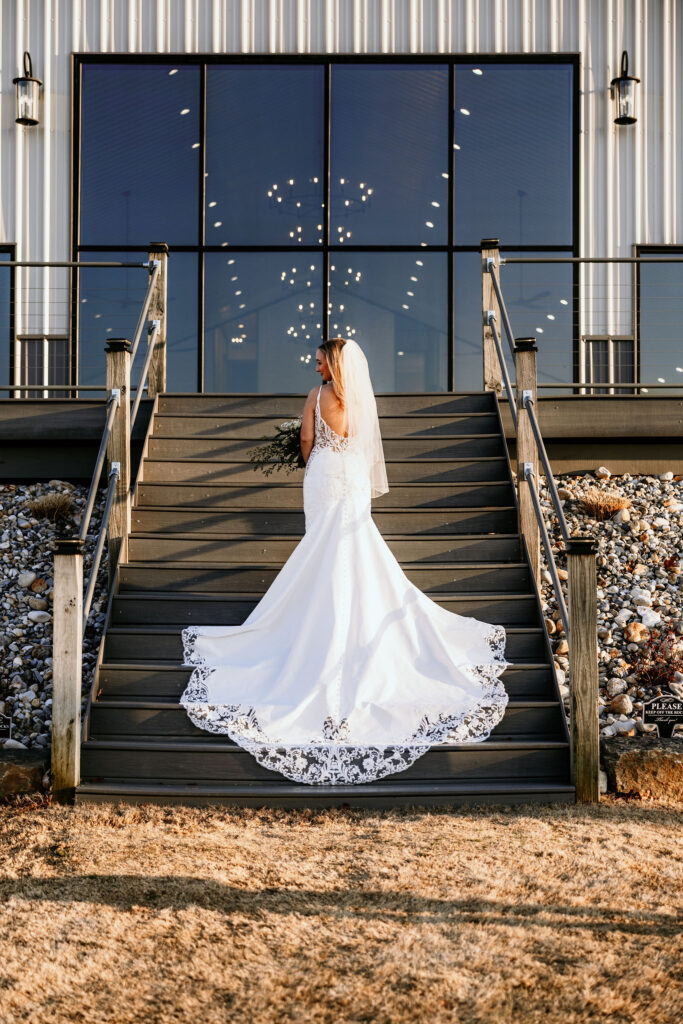Wedding Planning is an exciting and joyous occasion but can also be a significant financial undertaking. A wedding budget is a crucial element of your wedding. It outlines all the expenses associated with the big day, from the venue and catering to the dress, flowers, and entertainment. By setting a budget early on, couples can prioritize their spending and ensure they stay within their financial means.
Moreover, wedding planning should partner with a well-planned budget to help couples avoid overspending and reduce stress during planning. It allows them to focus on what truly matters: celebrating their love and commitment to each other. So here are my tips for creating a wedding budget and attempting to stick to it as best you can!

Table of Contents
Eight Steps To Your Wedding Budget
Step One: Determine Your Overall Wedding Budget
Discuss the finances with your partner and any family members who wish to contribute to your wedding day. Consider your savings, contributions from family, and any additional funds you can allocate to the wedding. Set a realistic total budget you are comfortable with and can afford without going into substantial debt.
Step Two: Prioritize Your Expenses
Have a conversation with your partner about what aspects of the wedding are most important to you. Some key areas to focus on include the venue, photographer, videographer, catering, and entertainment. Make sure to budget a significant portion of your funds for these priority items while setting aside money for other essential expenses.
Step Three: Do Some Research For The Baselines
Research the average investments for venues and vendors in your area. I do want to stress that these are baselines for the average investment. From experience, I know that it will be wrong when you look up how much a wedding photographer charges for professional services. There are too many variations between each one. In addition, you should be prepared to adjust your budget to the current rates and your specific preferences.



Step Four: Break Down Your Expenses
Next is a breakdown of your expenses. How to do this? First, create a detailed list of all wedding expenses and categorize them. For example, arrange them by venue, catering, attire, photography, entertainment, decorations, stationary, transportation, and other relevant categories. Allocate specific amounts to the categories based on the total budget and priorities.
Step Five: Tracking Your Expenses
Keep track of your spending. Update your budget spreadsheet or document to watch actual expenses in real time. This real-time tracking gives couples a clear overview of where most of the budget is allocated. It will help them to prioritize their spending and make informed decisions.
Step Six: Be Resourceful
Staying flexible and willing to adjust your budget as needed will help throughout the planning process. Look for cost-saving opportunities where appropriate, like booking off-peak wedding dates or DIY projects for decor.
Additional tips: Save on printing and postage costs by sending digital invitations instead of traditional paper ones. Many online platforms offer beautifully designed digital invitation templates. It can be customized to fit your wedding theme.
Step Seven: Communicate And Compromise
Maintain open communication between your partner and anyone else contributing to the wedding. Be prepared to compromise to stay within budget without sacrificing your wedding vision. Also, don’t hesitate to negotiate with vendors to get the best possible deals. Many wedding vendors are willing to work within your budget. It is especially true if you’re flexible with your requirements or willing to bundle services.
Step Eight: Contingencies
Set aside a contingency fund. A contingency fund within your budget is crucial. It will cover unexpected expenses or last-minute charges. Try to reserve 10-20% of your total budget for these surprises.
Final Say
Remember that regardless of anything else, your wedding should be a joyful occasion filled with the people who mean the most to you both. The atmosphere of happiness and excitement at weddings is always overwhelming and powerful. It makes me feel incredible that this is my job.


Comments +